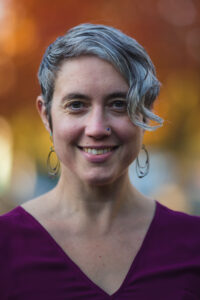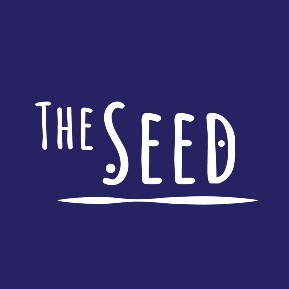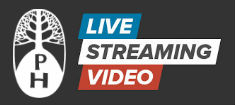Integrity & Ecotheology: Working Toward Liberatory Climate Justice with Cherice Bock
What can people of faith offer to broader environmental and other social justice movements?
Cherice’s work in ecotheology–a field of liberation theology centered around the relationship between religion and environment–seeks to support communication between communities focusing on theory, action, and reflection. Drawing on early Quaker history and her own ecospirituality, she examines how an insistence on individual integrity can leave us preoccupied with performative virtue, and how people of faith can move away from false charity toward an ethic of liberation.
Listen to this episode on Apple Podcasts, Spotify, Stitcher, or wherever you get your podcasts. Click here to view the transcript for this episode and listen on your web browser. Subscribe to The Seed wherever you get your podcasts to get episodes in your library as they’re released.
To learn more about The Seed, visit https://pendlehill.org/podcast and follow @pendlehillseed on Facebook, Instagram, and Twitter.
This project is made possible by the generous support of the Thomas H. & Mary Williams Shoemaker Fund.
_____

Cherice Bock (she/her) is a Quaker from Oregon who combines advanced degrees in theology and environmental studies to teach, advocate, and organize with people of faith. Cherice leads Oregon Interfaith Power & Light and is an adjunct professor of ecotheology at Portland Seminary. She co-edited the book Quakers, Creation Care, and Sustainability, and she has a book forthcoming entitled, A Quaker Ecology: Meditations on the Future of Friends.
To learn more about Cherice’s work, visit https://chericebock.com
View Cherice’s August 2022 Pendle Hill First Monday lecture, “Friends & Sabbath in the Time of Climate Change,” here: https://youtu.be/k6tB3vqebxA
–
Cherice shares the following quotes:
“May we look upon our treasures, and the furniture of our houses, and the garments in which we array ourselves, and try whether the seeds of war have any nourishment in these possessions or not.” – John Woolman
“False charity constrains the fearful and subdued, the ‘rejects of life,’ to extend their trembling hands. True generosity lies in striving so that these hands—whether of individuals or entire peoples—need be extended less and less in supplication, so that more and more they become human hands which work and, working, transform the world.” – Paolo Friere, Pedagogy of the Oppressed



